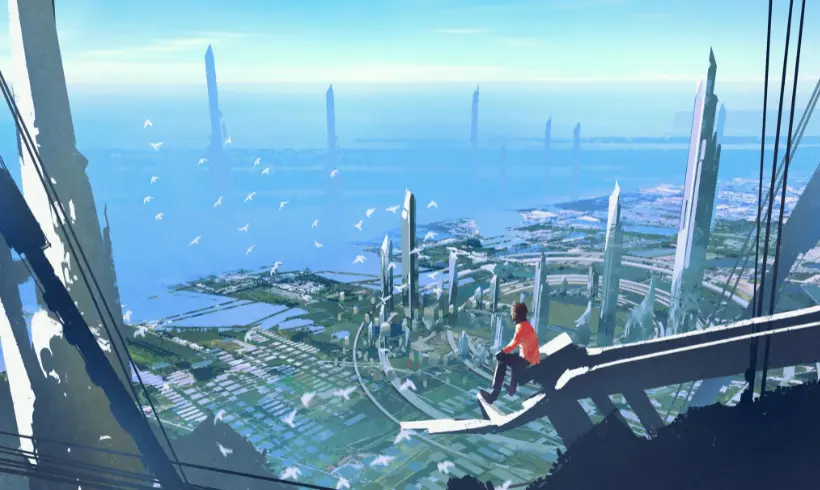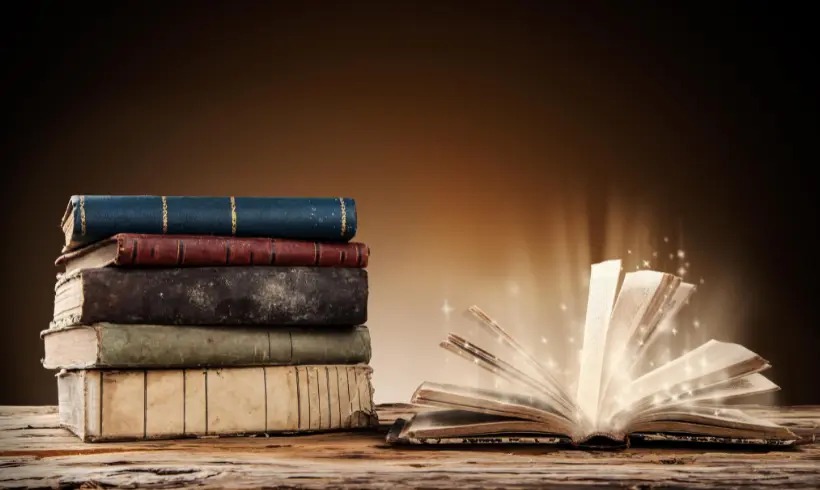What is the dystopian novel and what characteristics differentiate it from other novels? When did this style originate? What are the most famous books of the genre? Here are the answers.
Whether short stories, novels, or video games, dystopian fiction is one of the most famous literary subgenres and most diverse in terms of form and projection.
However, this variety of styles in its narrative makes it a complex genre to classify.
At the end we invite you to visit:
| Best Books: The Best 20 Novels [Paid]
What is a dystopian novel?
To define the dystopian novel, it is necessary to know the concept of utopia in our society. In 1516, Thomas More coined the term in his work of the same name.
According to Moro, Utopia is an ideal system of government, a just and problem-free society where everything takes place in harmony, without suffering and poverty. In simple words: a happy world.
The word utopia comes from Greek and means “no place”. Therefore, we have the notion that utopia is something impossible. Dystopia is the opposite of utopia.
Under this system or social plan, human beings live in extremely complex conditions due to terror, intimidation, persecution, and oppression.
In dystopian novels, a society immersed in misery, overcrowding, deprivation, or disease is often depicted.
In many cases, the plot develops a concept of dehumanization, war, catastrophes, and environmental destruction. The Hunger Games series is an excellent example of a literary dystopia.
The dystopian novel is part of science fiction literature and the subgenre of speculative fiction, as the work usually depicts a futuristic society.
The stories often have a message of criticism of today’s society, almost always through themes such as anarchy, totalitarianism, freedom of expression, and the poverty of societies.
Origin of the dystopian novel
The origins of dystopia-focused science fiction literature date back to the period of the French Revolution. In 1789, society had a negative view of the government.
For the critics and the enlightened, governments that coexisted with the Mafia would end up becoming dictatorships.
The term dystopia means “bad place,” and was first coined by John Stuart Mill, an English philosopher, to denounce the agrarian policies of the Irish government. Mill was a follower of the work done by More in Utopia.
Dystopian fiction arose in response to the utopian vision of the world. Some of the first representative texts of the dystopian novel are The Machine Stops (EM. Foster, 1928), Brave New World (Aldous Huxley, 1932), and 1984 (George Orwell, 1949).
These authors demonstrated a strong commitment to the socio-political problems of the world.
The literary dystopia of the 20th century
Other major contributors to dystopian fiction were William Morris and HG Wells. Morris reflected his perfect socialist model in News From Nowhere (1890).
In this novel, a 19th-century socialist wakes up in a perfect society in which there is no private property, no monetary system, and no concept of the state.
In the case of Wells, the writer defined himself as a “utopiographer”, and considered that scientific development would increase the levels of poverty and dehumanization in the world.
He wrote so in Men Like Gods, a dystopian novel published in 1923.
Read also our article: Literary Avant-Garde: Definition, Characteristics, and Authors
Relevant characteristics of the dystopian novel
The dystopian novel is part of science fiction literature and the subgenre of speculative fiction, as the work usually depicts a futuristic society.
Below, you will find the characteristics that make this genre one of the most interesting for fans of science fiction literature.
Criticism of society and government
The fictional worlds created in dystopian novels have many narrative elements in common.
Often, the stories tend to have a message of social criticism, almost always through themes such as anarchy, totalitarianism, freedom of expression, the death of individuality, the division of social classes and mass poverty in society.
Focus on social control and totalitarianism
Dystopian novels have in common a focus on social control. Authors of this genre often depict social control exercised by entities of great influence and power, such as corporations, religious and philosophical leaders, bureaucrats, technology companies, etc.
Most of the time, an oppressed social group struggles to overcome some form of totalitarian control.
In many of the stories, powerful groups or entities accomplish this through surveillance techniques and research of the human mind.
Environmental destruction
In dystopian novels, the plot usually takes place in the usual places of the planet partially destroyed or on the verge of collapse.
This category of dystopian fiction focuses on the consequences of climate change on society, exploring issues such as man-made pollution and global warming.
Technological control
The dystopian novel explores technological and scientific advances from a critical point of view. For these authors, technology, and science, beyond bringing progress to society, can end up controlling and destroying it.
Technology is often presented as a ubiquitous tool for spreading fear.
Survival and loss of individualism
In many of the futuristic worlds of dystopian novels, the danger of having a conformist vision is shown.
In addition, the authors show how the needs of society as a whole can be compared to the needs of the individual.
Here, the powerful and oppressors leave the inhabitants alone in the midst of a hostile and unfavorable context.
Most famous dystopian novels
1984 (George Orwell)
In 1984, George Orwell presents the world after a world war and is controlled by the government of a dictator called Big Brother, who keeps total surveillance of society.
The novel has been acclaimed for its resemblance of today’s society to Orwellian society (many use the term to refer to today’s world).
In this society, the government has a system of social and political repression based on total surveillance. Orwell’s book has become a true classic of 20th-century literature and one of the most successful in terms of sales.
Fahrenheit 451 (Ray Bradbury)
This 1953 novel contributed to the transition of science fiction from magazines and comics to mainstream science fiction.
The story takes place in a futuristic world where books are banned and firemen set them ablaze. Although the location is not mentioned, the country is about to face a war with the enemy.
The title of the book, Fahrenheit 451, refers to the temperature at which paper is lit on fire.
The protagonist is Montag, a fireman who decides to give up his repressive work to join the resistance and dedicate himself to appreciating literature and sharing it with the world.
Brave New World (Aldous Huxley)
It is the most successful novel by Aldous Huxley, a British author, and philosopher. Published in 1932, this story depicts a world in which reproductive technology is at its peak of advancement.
Hypnopedia, human crops, and drugs that control emotions are some of the elements that have radically changed society.
Huxley wrote a utopian world, but with a certain irony. Society is structured through castes or classes, where everyone accepts his role in society, with sexual freedom and no poverty.
The problem is that this “brave new world” was only possible after eliminating the family, cultural diversity, scientific progress, religion, literature, art, and love.
Lord of the Flies (William Golding)
William Golding’s celebrated story is considered a classic of England’s post-war literature. Published in 1954, The novel tells the story of a group of British students whose plane crashes on a deserted island in the middle of a severe storm.
None of the adults in the crew survive, so the youngsters face the desolate setting with no rules or logic and the suspicion that an evil entity inhabits the island.
The work alludes to the evil of human beings, represented through a deity called Beelzebub, popularly known as Lord of the Flies.
World War Z (Max Brooks)
Published in 2006, Michel Houllebecq’s work is one of the most acclaimed apocalyptic and dystopian horror novels of recent times.
The novel consists of a series of interviews narrated by a UN special agent after the global devastation of the conflict against the zombies.
Parts of the book compile passages that reflect several years of struggle by individuals of different ethnicities and nationalities, as well as various political, social, and religious changes that took place over a decade of conflict.
The novel is a critique of the U.S. government and its isolationism.
Blindness (Jose Saramago)
The Portuguese author published this novel in 1995, three years before winning the Nobel Prize for Literature. It is one of his most important works and was described by the author as a novel that showed, criticized, and exposed the “rotten” society.
The events are presented through an omniscient narrator and focus on the psychological aspect of the characters.
The main characters are “the doctor’s wife”, the doctor, some patients, and other people who appear in the story after an extensive quarantine inside a psychiatric hospital.
One of the peculiarities of the story is that the author does not use names for the characters. Instead, he allows us to identify them thanks to his extraordinary descriptions.
The Handmaid’s Tale (Margaret Atwood)
Published in 1985, The Handmaid’s Tale is set in a society called Gilead (very similar to the United States). The government of the country is theocratic and sexist.
Society subjugates women and forces them, among other things, to bear children for the authoritarian elite. The protagonist is Offred, one of the victims, who describes her life after this experience.
We encourage you to read these dystopian novels and many more available on our website.
If you are looking for inspiration, want to study a subject in depth, or just want to feel the pleasure of reading, then we invite you to take a look at our extensive collection of +3,500 free books.
Other articles that may interest you

In the following article, you will find all the elements that make it possible to build the structure of a…
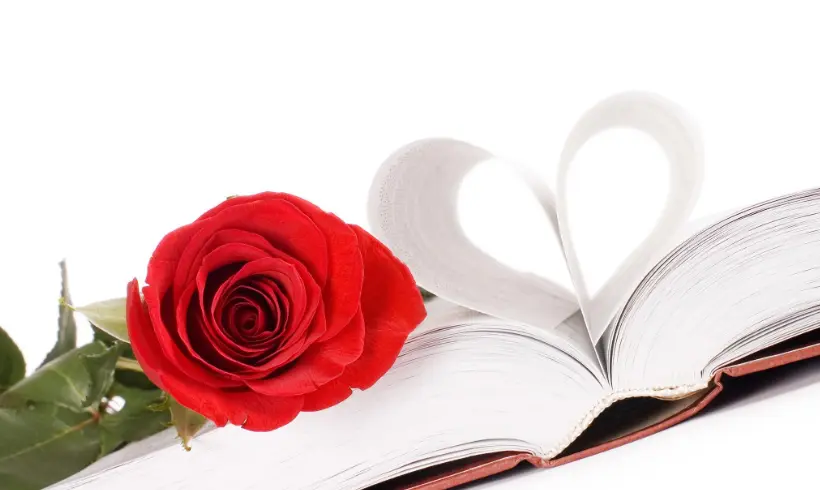
If you want to know the definition of a romance novel, its origins, and its main characteristics, this article is…
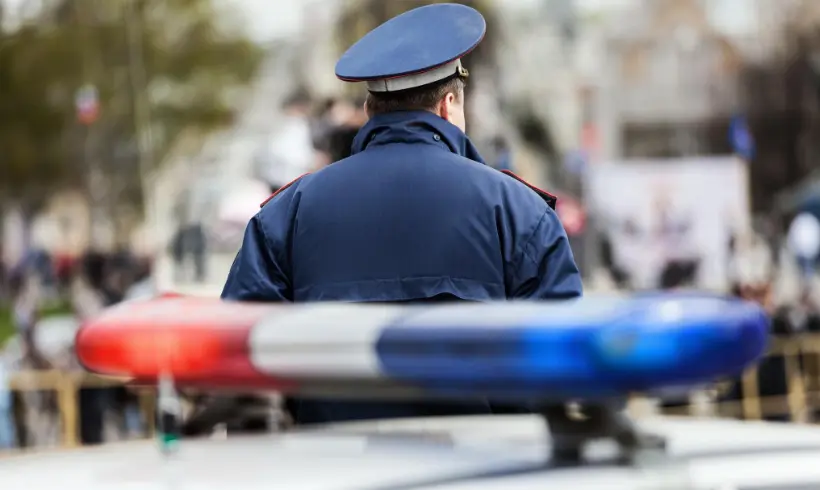
In the following lines, we tell you everything you need to know about the crime novel, including its main characteristics,…
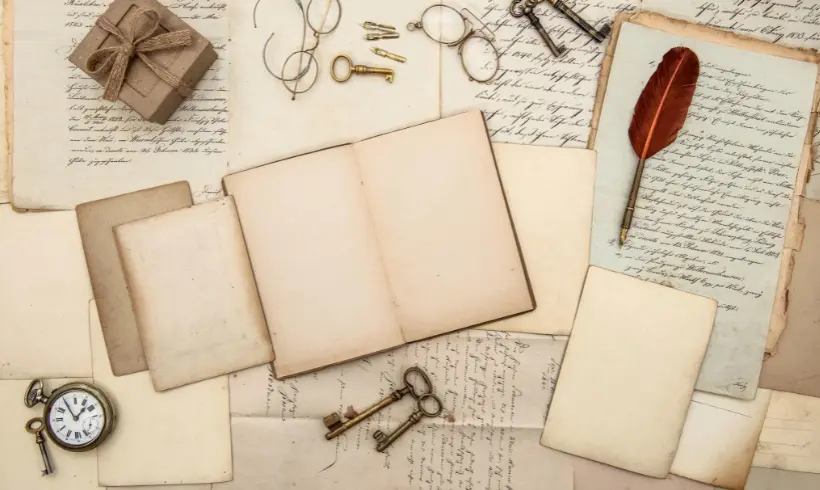
The epistolary novel is one of the most influential literary styles in history. In this type of work, the story…

In this article, you will find the literary genre to which the novel belongs, but only after knowing the importance…
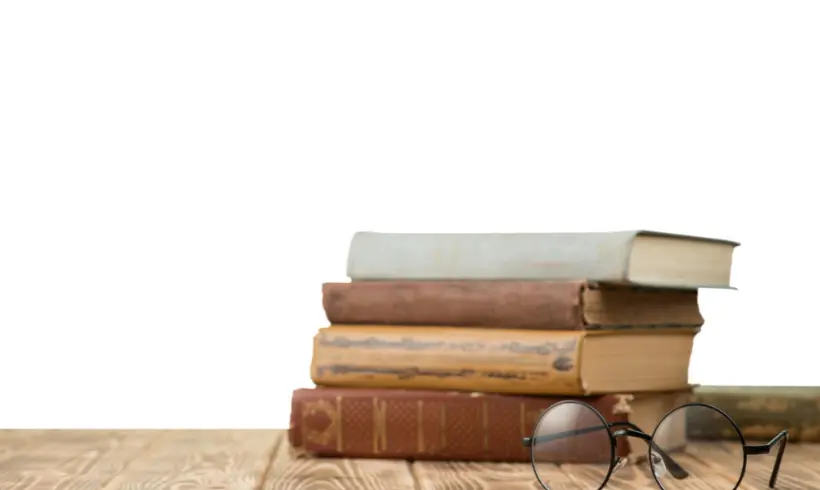
Whether to entertain or escape reality, we look for good stories to connect with our emotions, such as the satisfaction…

Below, we've compiled for you our top 10 novels that were made into movies. If you've made it to this…

Below, you will find our top 10 novels you should read. We are clear that many titles from our list…

This article contains all the information you need about adventure novels, from their origins and most relevant characteristics. In addition,…
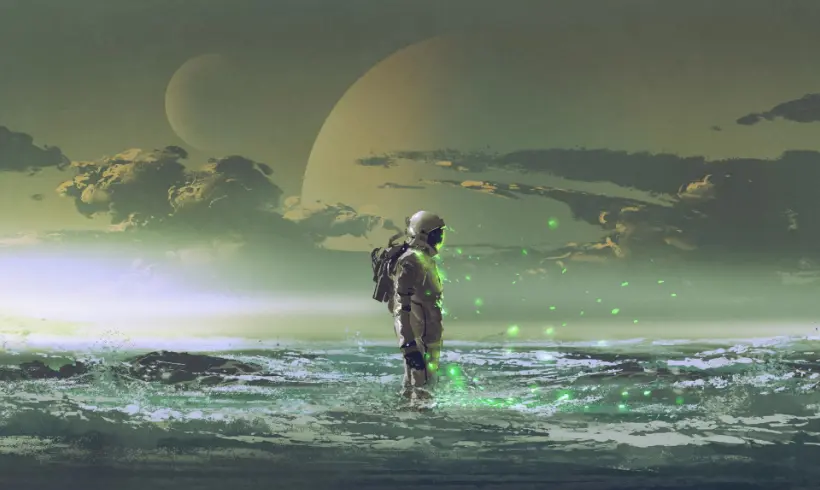
In this article, we will explore the science fiction novel, its meaning, origins, most important characteristics, and you will learn…
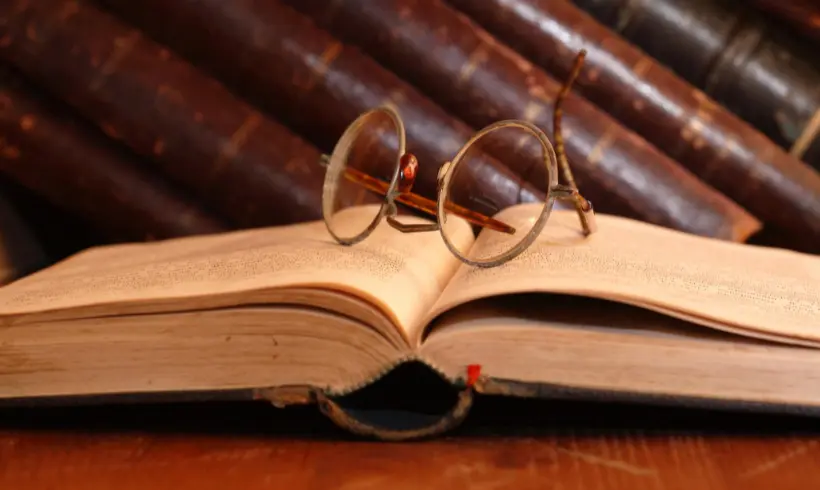
In this article, we will show you the most important characteristics of the didactic novel, its most important works, and…

In this article, we will discuss the concept of the historical novel in the literary context, its origins, and its…
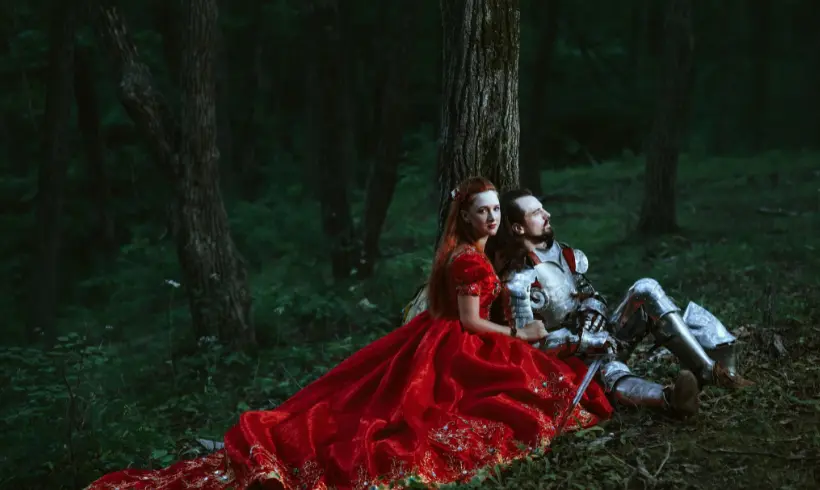
Undoubtedly, the novel of chivalry is one of the most influential narrative subgenres in the world, specifically because of its…
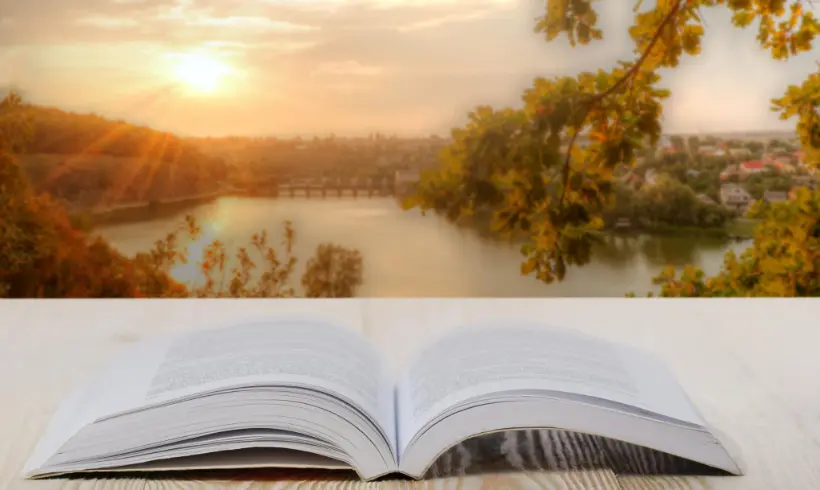
Below you will find all the information you need about the novel as a literary genre, including its origins, characteristics,…
Novels


